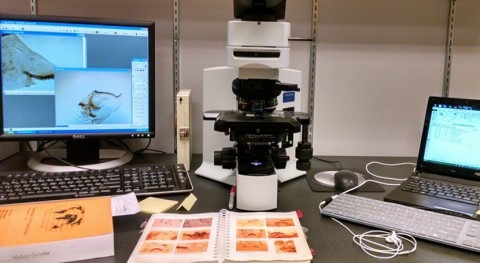The research - published ahead of World Day to Combat Desertification and Drought on 17 June 2021 - examines recent and projected climate change impacts on water security across the world’s drylands up to the year 2100.
It concludes that more efficient water management, technology and infrastructure, and better demand and supply management can offer more equitable access to water resources and help to achieve development goals.
Lead author, Professor Lindsay Stringer from the Department of Environment and Geography at the University of York said “People in dryland areas are already adapting to climate changes, but they need to be supported with coherent system-oriented policies and institutions that put water security at their core.”
A drier future
Globally, water scarcity already affects between one and two billion people. Drylands in hot, tropical areas have already experienced temperature rises under climate change that are higher than the global average.
Projected climate changes indicate that in a few decades, millions more people (approximately half the world’s population) will be living under conditions of high water stress.
More efficient water management, technology and infrastructure, and better demand and supply management can offer more equitable access to water resources and help to achieve development goals
The drylands’ human and environmental systems could be hampered in their ability to adapt to water dynamics under climate change, with knock-on effects for other places beyond the drylands as well.
Water management
The paper’s authors strongly support the integration of water concerns across borders and sectors, through approaches such as Integrated Water Resources Management (IWRM).
Professor Stringer said “To make sure no one gets left behind, more attention needs to be paid to how decisions about water management link to other things, like food, energy, livelihoods, migration and human health.”
Professor Stringer also argues that achieving water security is not just an environmental challenge, but also a governance issue “We need to ensure access to water and its quality is properly managed. That requires political will, capacity, resourcing and leadership to develop a truly integrated approach to delivering water-related decisions.”
“Stakeholder engagement is increasingly important, particularly in complex contexts where dryland rivers flow across multiple national borders, and approaches like IWRM are really vital in shaping more equitable water resource allocation.”
The research is published in One Earth.










